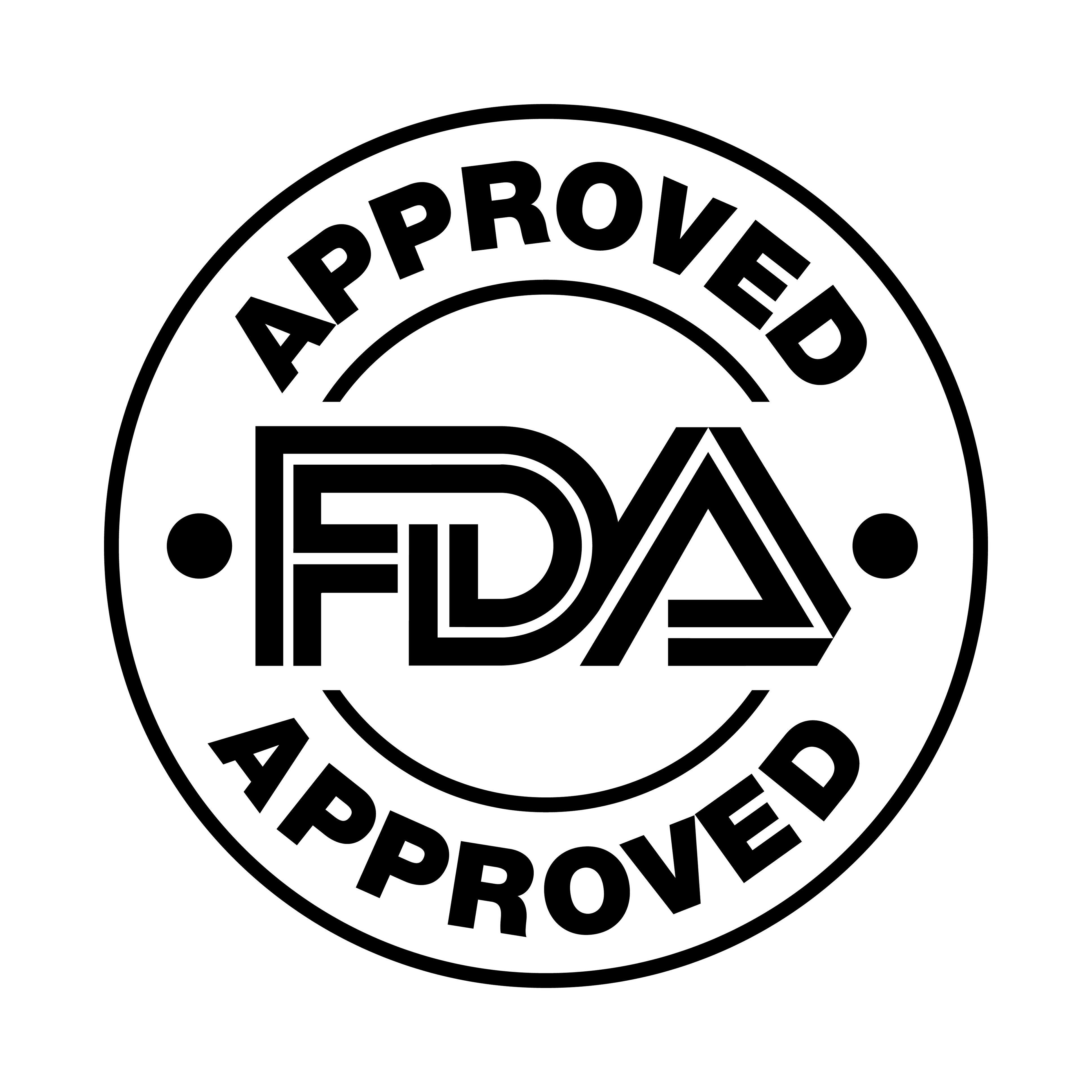FDA approves nivolumab with ipilimumab for MSI-H, dMMR colorectal cancer
The federal agency greenlit nivolumab with ipilimumab for treating MSI-H/dMMR colorectal cancer in adults and children 12 years and up.
FDA approves nivolumab with ipilimumab for MSI-H, dMMR colorectal cancer | Image Credit: © Calin - © Calin - stock.adobe.com.

On April 8, 2025, the FDA approved the combination of nivolumab (Opdivo; Bristol Myers Squibb) and ipilimumab (Yervoy; Bristol Myers Squibb) for use in adult and pediatric patients 12 years and older with unresectable or metastatic microsatellite instability-high (MSI-H) or mismatch repair deficient (dMMR) colorectal cancer (CRC).
According to the announcement from the federal agency, it converted the previous accelerated approval for single-agent nivolumab to a regular approval for patients 12 and older with MSI-H or dMMR metastatic CRC that has progressed following treatment with fluoropyrimidine, oxaliplatin, and irinotecan.
This review was conducted under Project Orbis, an initiative led by the FDA Oncology Center of Excellence to coordinate international regulatory reviews. The FDA collaborated with regulatory authorities in Brazil, Israel, and Canada on this application.
Data behind approval of nivolumab with ipilimumab
Efficacy and safety were evaluated in the CHECKMATE-8HW trial (NCT04008030), a randomized, 3-arm, open-label study in patients with unresectable or metastatic CRC who had not received prior immunotherapy and had centrally confirmed MSI-H or dMMR status.
Participants received 1 of 3 regimens:
- Nivolumab 240 mg every 3 weeks plus ipilimumab 1 mg/kg every 3 weeks for 4 doses, followed by nivolumab 480 mg every 4 weeks
- Nivolumab 240 mg every 2 weeks for 6 doses, then 480 mg every 4 weeks
- Investigator’s choice of chemotherapy
In the first-line setting, among 255 patients with centrally confirmed MSI-H/dMMR status, Median PFS was not reached (NR) (95% CI: 38.4, not estimable [NE]) in the nivolumab + ipilimumab arm and 5.8 months (95% CI: 4.4, 7.8) in the chemotherapy arm (Hazard ratio 0.21 [95% CI: 0.14, 0.32] P <0.0001).
In the all-lines comparison, which included 582 patients with centrally confirmed MSI-H/dMMR status, the median PFS was NR (95% CI: 53.8, NE) with the combination therapy, compared to 39.3 months (95% CI: 22.1, NE) for nivolumab alone. The hazard ratio was 0.62 (95% CI: 0.48, 0.81; P = 0.0003). The overall response rate (ORR) was 71% (95% CI: 65, 76) for the combination versus 58% (95% CI: 52, 63) for nivolumab alone (P = 0.0011).
Overall survival results were not available at the interim analysis because of the trial’s predefined statistical testing strategy.
Adverse reactions of nivolumab with ipilimumab
The most common adverse reactions reported in ≥20% of patients treated with nivolumab with ipilimumab were fatigue, diarrhea, pruritus, abdominal pain, musculoskeletal pain, and nausea. In the single-agent nivolumab group, common adverse effects included fatigue, diarrhea, abdominal pain, pruritus, and musculoskeletal pain.
The application received priority review and was granted breakthrough therapy and orphan drug designations. The review was supported by the FDA’s Assessment Aid process and was completed 10 weeks ahead of the agency’s target action date.
Full prescribing information for Opdivo and Yervoy will be made available on the Drugs@FDA database.
References:
1. FDA approves nivolumab with ipilimumab for unresectable or metastatic MSI-H or dMMR colorectal cancer. FDA. Press release. April 8, 2025. Accessed April 9, 2025. https://www.fda.gov/drugs/resources-information-approved-drugs/fda-approves-nivolumab-ipilimumab-unresectable-or-metastatic-msi-h-or-dmmr-colorectal-cancer
2. A Study of Nivolumab, Nivolumab Plus Ipilimumab, or Investigator's Choice Chemotherapy for the Treatment of Participants With Deficient Mismatch Repair (dMMR)/Microsatellite Instability High (MSI-H) Metastatic Colorectal Cancer (mCRC) (CheckMate 8HW). ClinicalTrials.gov. Updated February 25, 2025. Accessed April 9, 2025. https://www.clinicaltrials.gov/study/NCT04008030